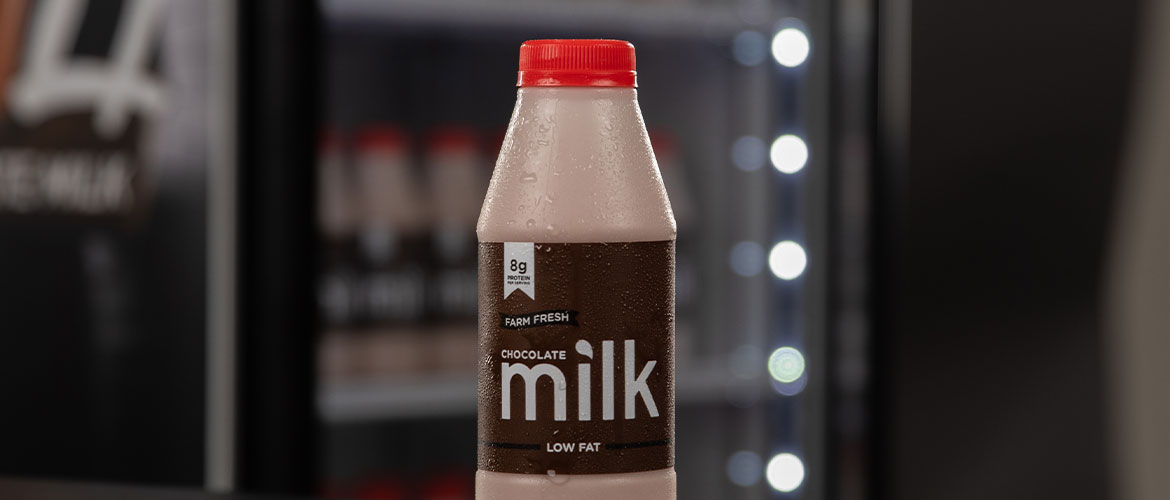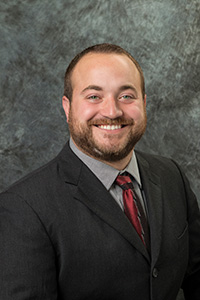Sports nutrition has always been a big part of my life. My journey into the discipline started as a kid playing soccer for my dad. He was our coach and a former soccer athlete who played competitively for the U.S. junior team, so every game we would always get a sports drink and a pack of my favorite soft chew candy on the way to the game. At the time, I didn't know I was carb loading but noticed after consuming these gameday goodies I was faster and had more energy, and that’s when my interest in learning how what I put into my body impacted how my performance on the field started to grow.
But it wasn’t until high school that I began to understand what good nutrition could really do. While soccer started as my first love, I became a multi-sport athlete; so, from football season in the fall to basketball in the winter to track and field in the spring (and don’t forget summer workouts, too), I was constantly training and competing throughout the year. To give myself a competitive edge, I researched ways to train at home and use nutrition to increase my strength and improve my athletic abilities. My efforts were successful, and I went from 135 pounds to 155 pounds in six months, dropped my body fat percentage and became the leading scorer on our football team. I continued to put in that work and the principles I researched into practice and not only upped my game but eventually established myself as the go-to guy for training and nutrition advice.
When I got to college, I opted to continue down that path and study sports nutrition performance – which is when I started to pick up on the research that was coming out about chocolate milk. In between working in the University of Oklahoma’s Sport, Health, and Exercise Data Analytics Lab and studying, I was doing lots of lifting and playing stop-and-go sports. So as an experiment, I added chocolate milk to my recovery regimen to see if it would make a difference. It lived up to its reputation, and my recovery time cut from five days to just two, inspiring me to not only get my roommates in on it but to pursue recovery research professionally and academically as my area of expertise.
Focusing my studies on being how people recover after exercise, I earned master’s and doctorate degrees from the University of Texas at Austin in exercise science and kinesiology. I was also serving as the head varsity football coach for Concordia High School at the time, so I, again, took that opportunity to put all those principles I studied into practice to not only improve my players’ performance but also to promote greater safety during trainings. As a result of my leadership in this area, we had more broken bones in choir than we had on my football field because reducing injury risk with proper nutrition and adequate recovery was just that important to me.
That passion to protect player health while still improving athletic performance is what led me to the recovery research I share today – including the first-ever study on the effects of chocolate milk versus traditional sports drinks on high school athletes – and champion the benefits of chocolate milk. Now, as an educator and research expert, I use this knowledge to help athletes and sport nutrition pros achieve the 3 R’s of recovery with the sports drink nature intended.
Learn more about recovering with chocolate milk.




